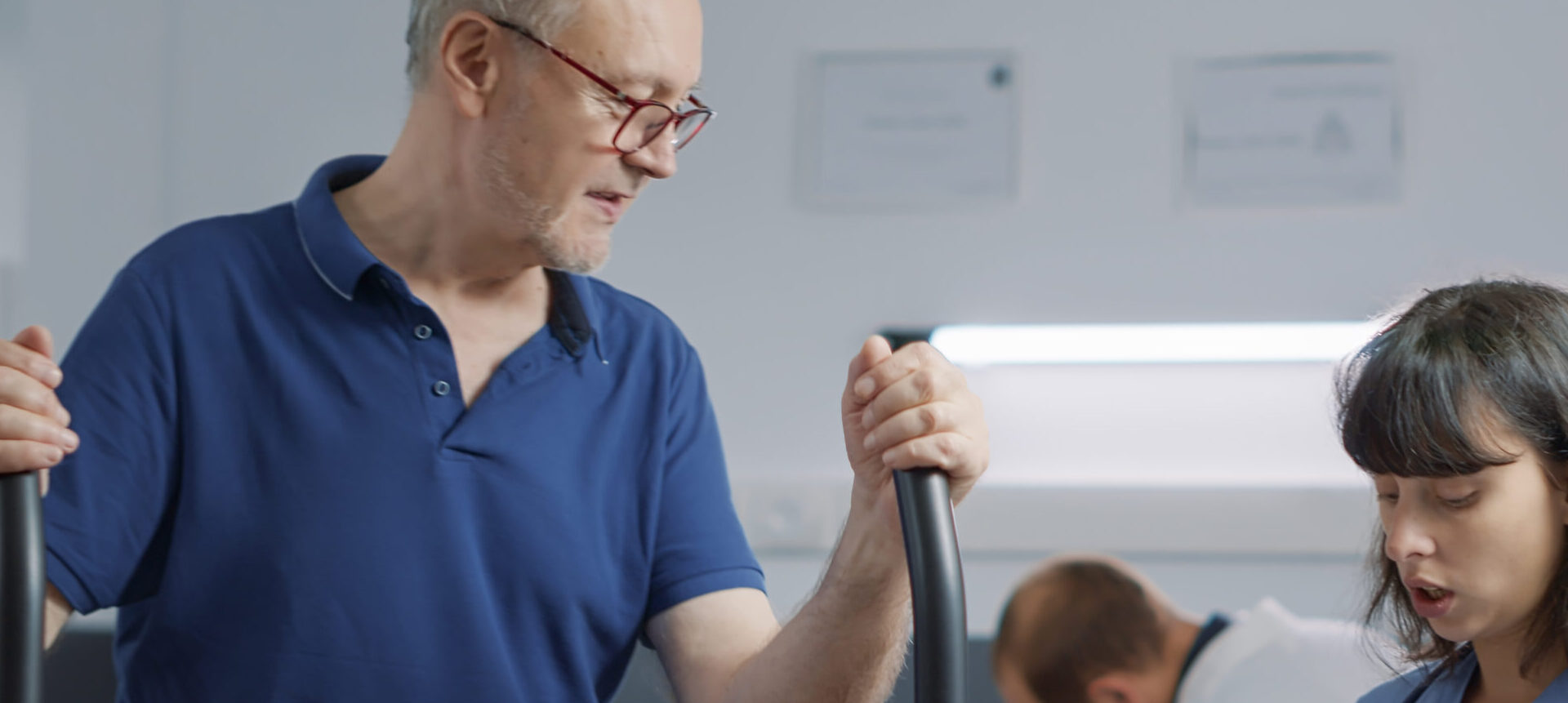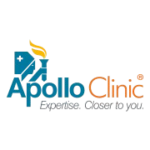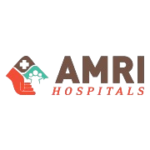Recover after Hip/Knee Surgery
Improve strength, endurance, flexibility, and restore mobility
When Orthopedic Knee/Hip Care are Needed?
A tailored program designed to expedite recovery from hip/knee surgeries, catering to conditions like joint replacements, fractures, arthritis, sports-related injuries, and degenerative joint ailments. Early identification of post-surgical symptoms and the prompt initiation of orthopedic rehabilitation are crucial to harness the full potential of a hip/knee surgical intervention.
1. Non-Surgical Approaches: Orthopedic care often starts with non-surgical treatments such as physical therapy, medications, and lifestyle modifications to manage pain and improve function.
2. Base Assessment & Risk Profiling: A comprehensive evaluation is undertaken to gauge the patient's current health status, pinpoint potential risks, and formulate a recovery outlook.
3. Goal Setting: Recovery milestones are collaboratively established, ensuring alignment with the patient's aspirations and the family's expectations, fostering a tailored care approach.
4. Pediatric Orthopedics: Specializes in treating musculoskeletal issues in children, such as growth abnormalities and congenital conditions.
5. Specialized Treatment: Orthopedic care focuses on diagnosing, treating, and preventing disorders of the musculoskeletal system, which includes bones, joints, ligaments, tendons, and muscles.
6. Mutlidiciplinary Coorsination: The recovery strategy amalgamates expertise from diverse medical fields, encompassing physiotherapy, occupational therapy, advanced nursing, nutritional guidance, and emotional support.
Key Components of Recovery from Hip/Knee Surgery
Recovery from hip or knee surgery involves several key components to ensure a successful outcome. Firstly, pain management is crucial, often requiring medications and proper rest to alleviate discomfort. Physical therapy plays a significant role, helping to restore mobility, strength, and flexibility through guided exercises. Adhering to post-operative care instructions, such as wound care and avoiding specific movements, is vital to prevent complications. Nutritional support, including a balanced diet rich in protein, aids in tissue repair and overall recovery. Regular follow-up appointments with the surgeon monitor progress and address any concerns. Emotional support from family and friends can also enhance recovery, providing motivation and encouragement. Finally, patience and a positive mindset are essential, as the healing process can be gradual and requires dedication.

Nurturing Confidence

Psychology & Emotional Wellbeing

Gait, Balance, and Mobility Training

General Rehab Principles

Nutrition and Swallow Therapy

Promoting Functional Independence

Pain Management

Strength Training

Wheelchair Mobility
Key Components of Recovery from Hip/Knee Surgery
Recovery from hip or knee surgery involves several key components to ensure a successful outcome. Firstly, pain management is crucial, often requiring medications and proper rest to alleviate discomfort. Physical therapy plays a significant role, helping to restore mobility, strength, and flexibility through guided exercises. Adhering to post-operative care instructions, such as wound care and avoiding specific movements, is vital to prevent complications. Nutritional support, including a balanced diet rich in protein, aids in tissue repair and overall recovery. Regular follow-up appointments with the surgeon monitor progress and address any concerns. Emotional support from family and friends can also enhance recovery, providing motivation and encouragement. Finally, patience and a positive mindset are essential, as the healing process can be gradual and requires dedication.

General Rehab Principles

Psychology & Emotional Wellbeing

Gait, Balance, and Mobility Training

Nurturing Confidence

Nutrition and Swallow Therapy

Promoting Functional Independence

Pain Management

Strength Training

Wheelchair Mobility
3 steps for getting the best recovery plan
During the crucial initial 90-day "Golden Period" following a stroke, it is imperative to take primary steps towards rehabilitation care

BOOK APPOINTMENT

VISIT FACILITY

BEGIN RECOVERY



Why is Rehab Essential after Hip/Knee Surgery?
Post hip/knee surgery, intensive therapy is pivotal to mitigate surgical discomfort and fortify the weight-bearing leg muscles.
Following hip/knee surgeries, vigilance is required to monitor potential complications, such as fluid accumulation, inflammation, or skin irritations around the surgical site.
Post-surgery, muscles around the surgical site may become rigid. Rehabilitation helps restore their natural functionality.
Post-surgery, patients often need guidance in relearning basic tasks like stair climbing, dressing, or restroom use. Therapeutic assistance ensures they regain independence in these activities. Proper gait retraining is also vital to prevent future complications.
Optimal recovery post hip/knee surgery often necessitates dietary adjustments. Rehab facilities offer expert dietitians who educate patients on the significance of balanced and nutritious meals.

Orthopedic care at a rehabilitation center focuses on restoring mobility and function to individuals recovering from musculoskeletal injuries, surgeries, or chronic conditions. This specialized service involves a comprehensive approach, including physical therapy, occupational therapy, and pain management. The goal is to enhance joint and bone health, improve strength and flexibility, and support the healing process. Expert orthopedic care teams tailor treatment plans to each patient's unique needs, ensuring a personalized path to recovery that promotes long-term wellness and quality of life.
+ Contact UsTreated Patients Coming from Leading Hospitals








Primary Steps of recovery from Hip/Knee Surgery
A comprehensive evaluation is undertaken to gauge the patient's current health status, pinpoint potential risks, and formulate a recovery outlook.
Recovery milestones are collaboratively established, ensuring alignment with the patient's aspirations and the family's expectations, fostering a tailored care approach.
The recovery strategy amalgamates expertise from diverse medical fields, encompassing physiotherapy, occupational therapy, advanced nursing, nutritional guidance, and emotional support.
Continuous oversight ensures real-time assessment of the patient's progress, promptly identifying and addressing potential complications.
